Patients harmed by former NHS Tayside surgeon Sam Eljamel secured a major victory last week as the government finally gave into demands for a public inquiry.
After eight years of campaigning, survivors of the medic were finally handed a victory when the full probe was confirmed by First Minister Humza Yousaf.
The investigation will have the power to compel witnesses and take evidence under oath – seen as key to gaining the trust of those at the heart of the scandal.
We take a look at what a public inquiry is, how long its likely to take and what it could cost.
What is a public inquiry?
A statutory public inquiry is a major investigation established and funded by government but run independently to probe matters of national concern.
Inquiries examine evidence to establish facts and set out recommendations for lessons to be learned so that public confidence is restored.
Like a court case evidence sessions are normally open to the public so those affected can hear directly from witnesses.
While they are normally chaired by a judge, public inquiries cannot determine criminal liability and they can’t award compensation.
Once complete, inquiries will normally publish a report detailing their findings and any recommendations for change.
How long will it take?
The length of time an inquiry can take to get answers was one of the reasons the first minister initially refused a public inquiry into the Eljamel scandal.
The time it takes an inquiry complete its work varies, but some have taken over 10 years to report back.
The Edinburgh Tram Inquiry completed its public hearings in 2018 but has still not reported almost a decade since it was set up in 2014.
Of the 70 or so probes undertaken since 1990, most have reported back within two years.
One solicitor told The Courier: “It would be hard to predict how long it could take especially before the Terms of Reference have been agreed.
“There is likely to be a lot of evidence about medical issues for the inquiry team to unpick and that can quite complex.
“The process of identifying witnesses and gathering evidence will also be impacted by the fact these events took place some time ago.”
The time an inquiry takes to complete its work can also be lengthened if there are ongoing criminal investigations.
How much will it cost?
Public inquires usually come at a significant cost to the tax payer, which is one of the reasons they are reserved for the most serious matters.
The Iraq Inquiry, chaired by Sir John Chilcot, cost more than £13 million over eight years. The Bloody Sunday Inquiry – which run between 1998 and 2010 – cost £210 million.
In Scotland, the ongoing inquiry into the death of Fife man Sheku Bayoh while he was in police custody has cost more than £13.7 million.
A solicitor explained: “Staff costs will always be the biggest expense.
“Each [inquiry] requires a team of lawyers and an army of support staff to do its work.”

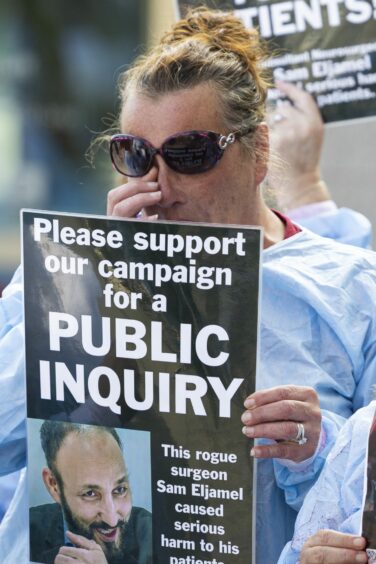
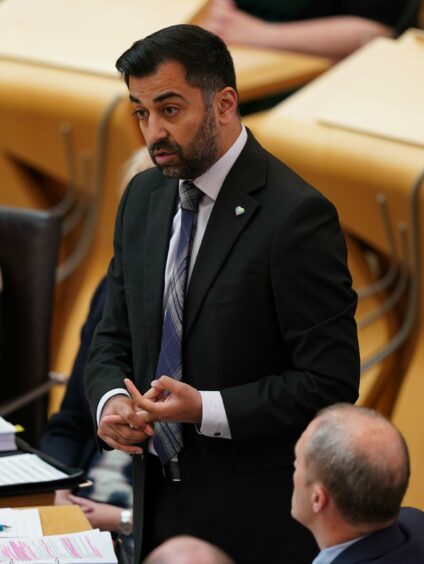
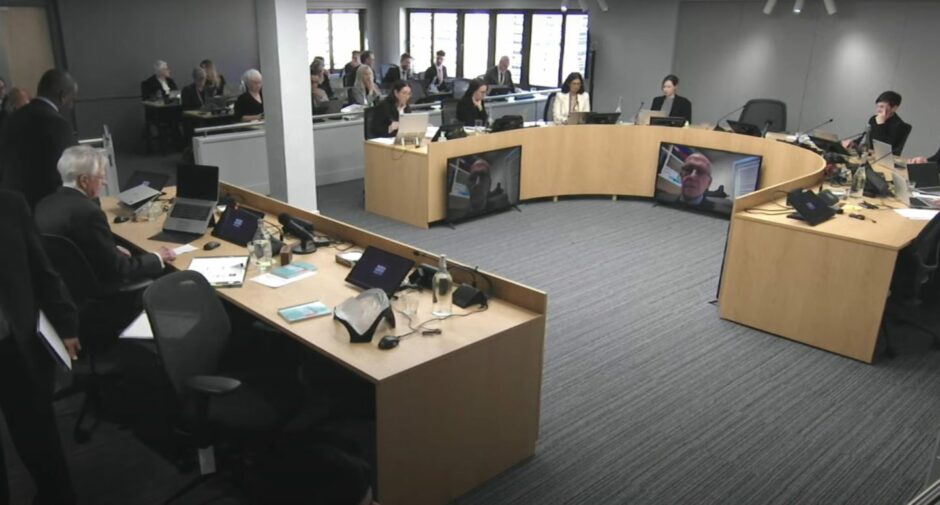



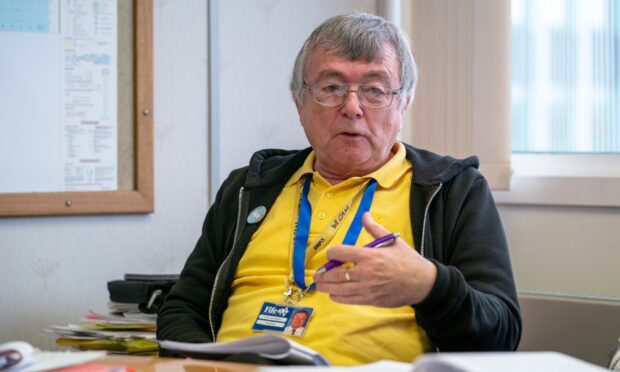




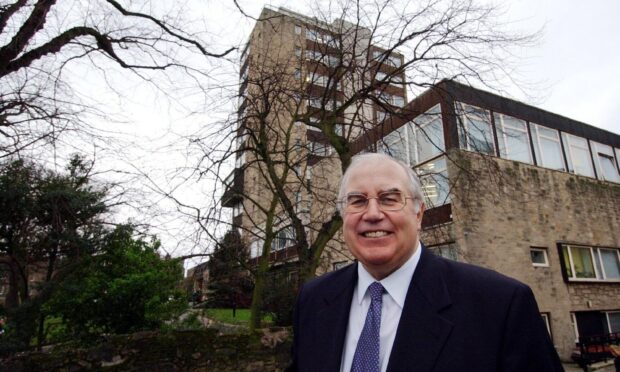

Conversation